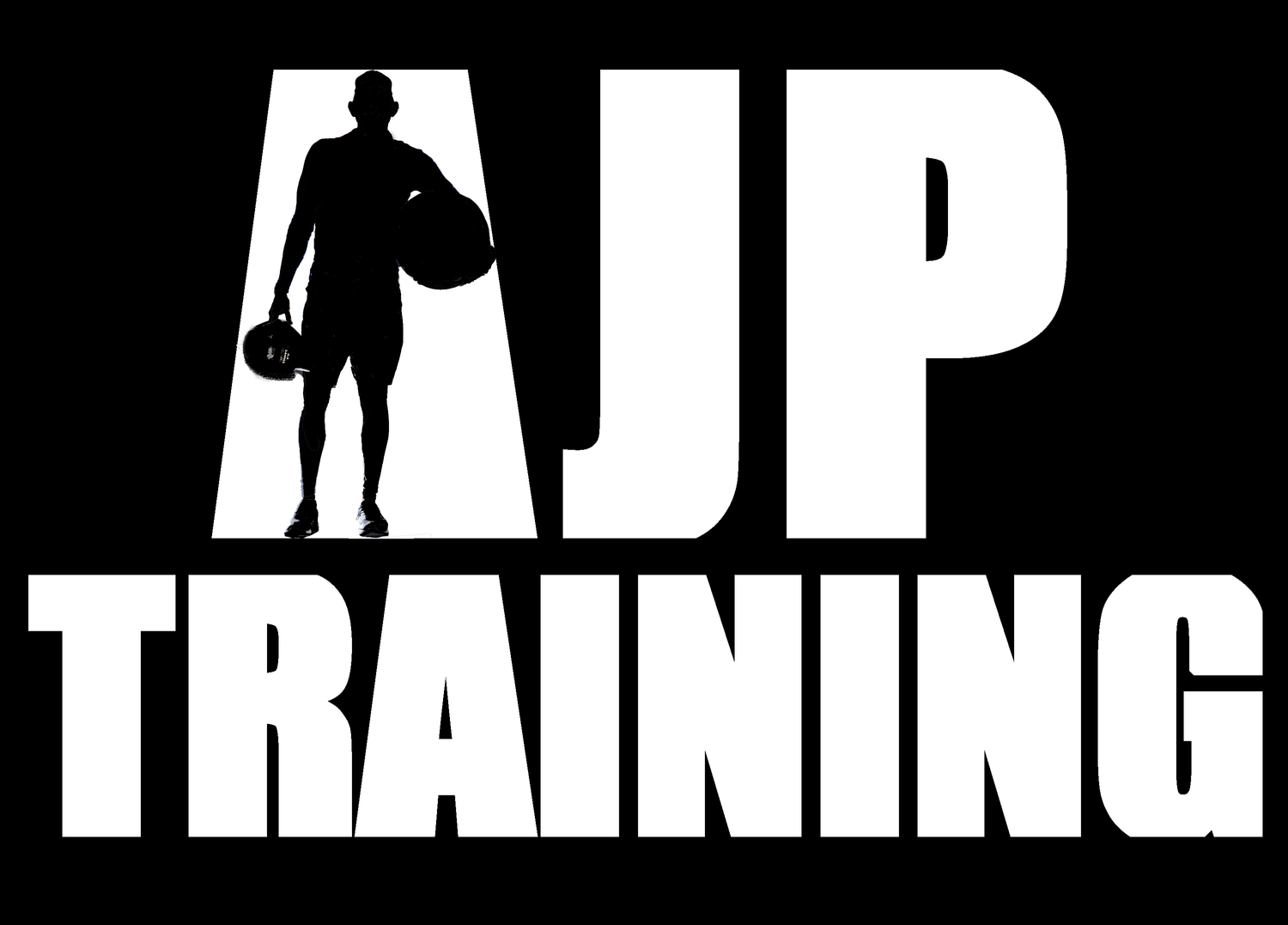Every hour, a local big box gym replays the same message touting their personal training services.
"What gets measured gets improved."
This gym is referring to testing one's body fat, something that we do at AJP Training as well. But much more important to reaching your fitness goals than a periodic body fat measurement -- especially if losing weight is among those goals -- is tracking what you eat and your workouts.
Here is a look at my diary on MyFitnessPal.
Technology has made the once-laborious task easy. Most of us have smartphones and there are some great apps. (I have several of my clients on the MyFitnessPal app, which has both iOS and Android versions.) It has a deep database of the foods (and restaurants), so it's easy to compile what you eat throughout the day so you know how close you are to your diet goals. (Calories remain the best measure, but it also tracks sodium, protein and fiber intake.)
For some clients, it's been a eye-opener. ("Did I really consume 4,000 calories? Wow.") I ask each client to give it a week to at the very least get a sense of what they're doing right and wrong.
There's also strong evidence that keeping a diet journal plays a key role in weight loss. Take a study published in the American Journal of Preventive Medicine that followed 1,685 overweight or obese US adults aged 25 and older.
Here's a summary of the study by ABC News:
Those who used a food diary more than five days a week lost almost twice as much weight as those who didn't. And perhaps more impressively, they kept the weight off.
When keeping food diaries, dieters write down, for better or worse, every calorie that passes through their lips each day.
Frank Bitzer, a 64-year-old retired project manager and study subject, lost 26 pounds during the study, and his cholesterol dropped to healthy levels. Today, four years after the end of the study, he has kept off 20 pounds and continues to feel the positive health effects. Asked about his experiences with keeping a food diary, he described it as "enlightening." He attributed much of his success to the ability to gain immediate information and "see the error of your ways.
"The more food records people kept, the more weight they lost,” said Jack Hollis, a researcher at Kaiser Permanente Center for Health Research who was the lead author of the study. “It seems that the simple act of writing down what you eat encourages people to consume fewer calories.”
And tracking isn't just limited to your diet.
Apps like MyFitnessPal allow you to enter in your own workouts and many apps can sync to a wearable tracking device, like a Fitbit or Microsoft Band. Devices like the Microsoft Band, Fitbit HR and the forthcoming Apple Watch also can track your heart rate, which can let you know during your workouts exactly how much you're exerting yourself.
As a trainer, it's easy to judge exactly where on the VT1 and VT2 threshold my clients are, but such devices are very effective when they're working out on their own.
I also keep a log for every workout for my clients at AJP Training with the help of Google Sheets. (I keep a tally going during each workout with the Google Drive app.) A client can log in shortly after their workout and see what we did and how they're progressing.
Here's a recent workout of mine below.
None of these apps and wearables are perfect. It still requires effort to log everything you consume and there's no doubt you might forget to enter in that handful of M&Ms or shot of Jager.
But when you track your diet and workouts, you're doing more than just entering info. You're also taking ownership of your fitness goals.


